Kenya’s financial underbelly has been laid bare in a bombshell revelation: nearly Sh7 trillion in suspicious transactions flowed through the financial system between 2021 and 2023—fueling concerns of swamp-like corruption, institutional weakness, and the growing sophistication of laundering networks.
The staggering sum—Sh6.976 trillion—accounts for 99.4% of all flagged transactions during the period, with banks processing a jaw-dropping Sh6.38 trillion of that total. Criminals are exploiting shell companies, transaction splitting, and forged documentation to evade detection.
But the dirty money doesn’t end at financial institutions. Non-financial sectors are emerging as complicit conduits. Lawyers, real estate agents, casinos, NGO workers, and even trust services are serving as enablers—facilitating movement and legitimization of illicit funds.
Trade-based laundering is also rampant. Kenya’s porous ties with Somalia, especially in sectors like charcoal and miraa, have become strategic launchpads for unregulated fund inflows. Informal remittance systems and mobile money platforms—largely unmonitored—offer fast channels for hiding dirty transfers.Government efforts are lagging amid the unraveling financial landscape.
The nation’s grey-listing by global watchdogs underscores Kenya’s systemic vulnerability. Regulatory reforms are underway, including new mandates for reporting by sacco authorities, betting regulators, accountants, and virtual asset operators—but enforcement remains tentative.
The breakdown extends to real estate—in one silent indicator, just two suspicious transaction reports were filed by 411 registered property agents in five years, signaling glaring oversight failures.Kenya stands at a crossroads. Will urgent, full-scale institutional reform materialize—or will the carpenters of corruption continue carving out impunity?


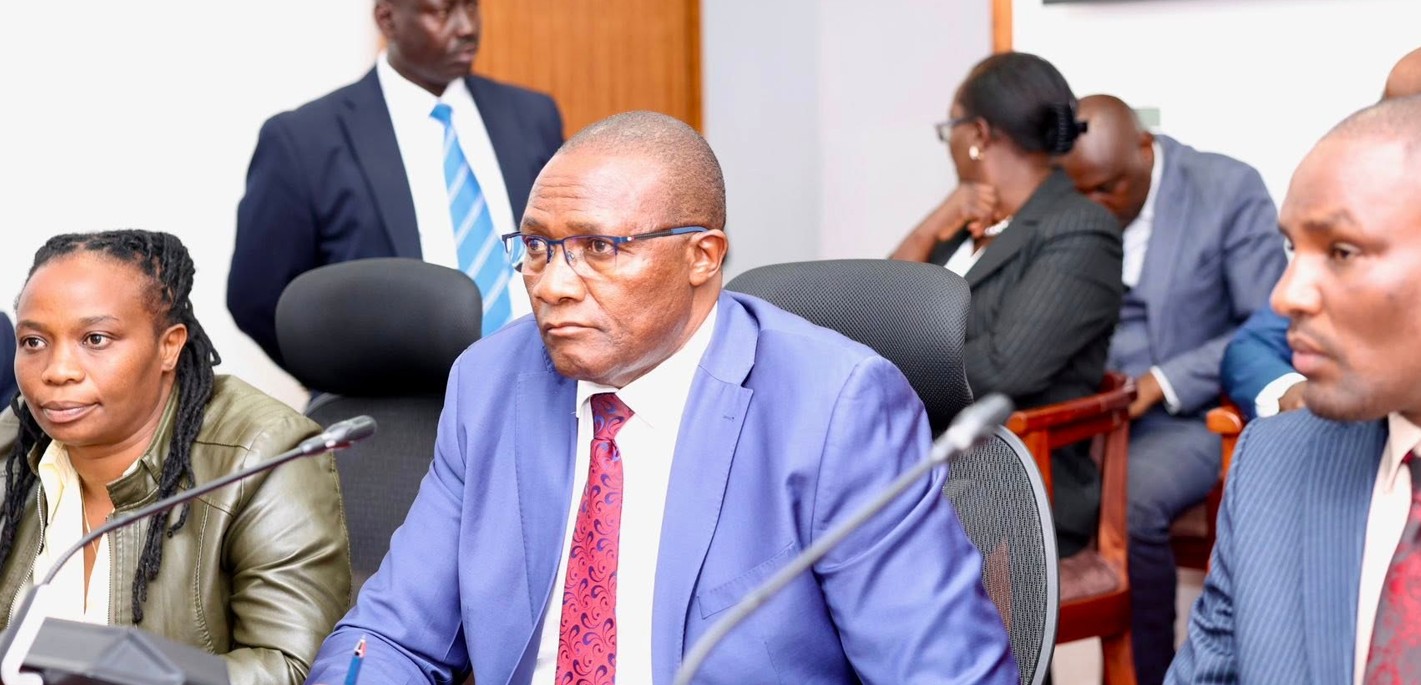
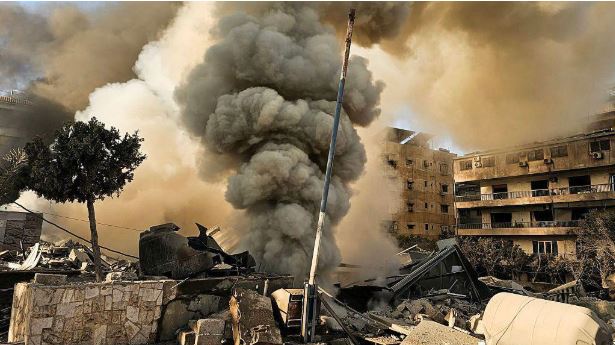
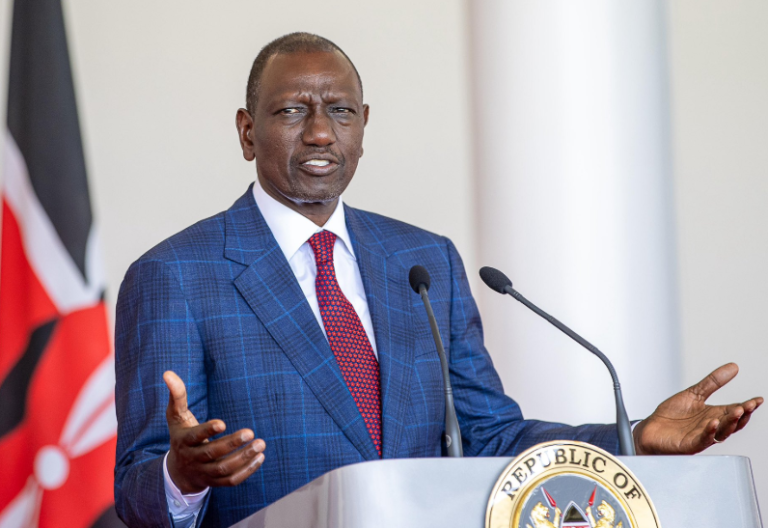
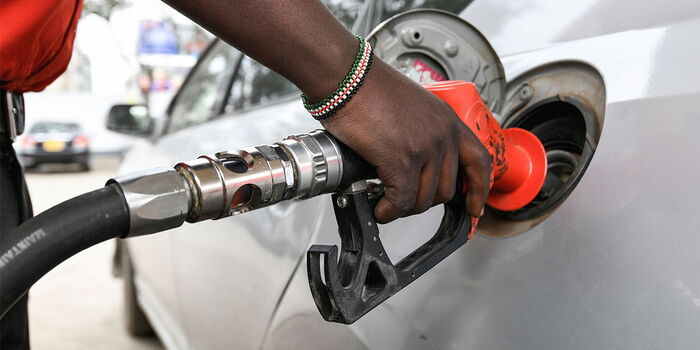



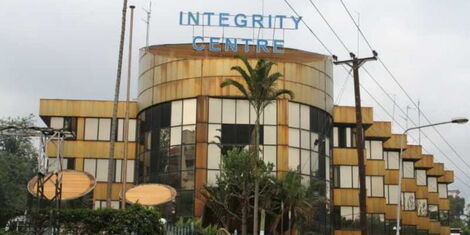

Leave a Reply